Medrol 4Mg Tablet
₱19.50
IMPORTANT NOTICE: We require a doctor’s prescription for this product. Don’t forget to attach a copy of your valid prescription (.jpeg, .pdf, or .png format) upon checkout, or email it to [email protected] with your order number! All online order are manually check by our online pharmacist, please expect a phone call for order validation after we receive your orders. For a smoother transaction upon delivery, please be ready to present the original copy of your prescription when claiming your order.
- Applicable for Metro Cebu order
- Credit Card, GCash, Maya, Bank Transfer and COD payment available
- Daily Operations - 8:00 AM to 6:00 PM
- Order Cut-off - 3:00 PM
- Free Shipping for 1,499 and above orders (Visayas & Mindanao)
- For Order below 1,499 delivery fee of 99.00 (less than 1 kilo) will be applied
- For Order below 1,499 delivery fee of 199.00 (1 -3 kilo) will be applied
- Credit Card, GCash, Maya and Bank Transfer payment available
- Description
- Reviews (0)
Description
MEDROL 4MG TABLET
Description : Each tablet contains 4 mg or 16 mg of methylprednisolone.
Medrol Tablet contains methylprednisolone which is a glucocorticoid. Glucocorticoids are adrenocortical steroids, both naturally occurring and synthetic, which are readily absorbed from the gastrointestinal tract.
The chemical name for methylprednisolone is pregna-1,4-diene-3,20-dione,11,17,21-trihydroxy-6-methyl-,(6a,11?) and the molecular weight is 374.48.
Methylprednisolone occurs as a white to practically white, odorless, crystalline powder. It is sparingly soluble in alcohol, in dioxane, and in methanol, slightly soluble in acetone, and in chloroform, and very slightly soluble in ether. It is practically insoluble in water.
Indications / Uses?:
Endocrine Disorders: Primary or secondary adrenocortical insufficiency (hydrocortisone or cortisone is the first choice; synthetic analogs may be used in conjunction with mineralocorticoids, where applicable, in infancy, mineralocorticoid supplementation is of particular importance); congenital adrenal hyperplasia; non-suppurative thyroiditis; hypercalcemia associated with cancer.
Non-Endocrine Disorders: Rheumatic Disorders: As adjunctive therapy for short-term administration (to tide the patient over an acute episode or exacerbation) in: Rheumatoid arthritis, including juvenile rheumatoid arthritis (selected cases may require low dose maintenance therapy); ankylosing spondylitis; synovitis of osteoarthritis; acute non-specific tenosynovitis; post-traumatic osteoarthritis; psoriatic arthritis; epicondylitis; acute gouty arthritis; acute and subacute bursitis.
Collagen Diseases: During an exacerbation or as maintenance therapy in selected cases of: Systemic lupus erythematosus; polymyalgia rheumatica; giant cell arteritis; systemic dermatomyositis (polymyositis); acute rheumatic carditis.
Dermatologic Diseases: Bullous dermatitis herpetiformis; severe erythema multiforme (Stevens-Johnson syndrome); severe seborrheic dermatitis; exfoliative dermatitis; pemphigus; severe psoriasis; mycosis fungoides.
Allergic States: Control of severe or incapacitating allergic conditions intractable to adequate trials of conventional treatment: Seasonal or perennial allergic rhinitis; drug hypersensitivity reactions; serum sickness; contact dermatitis; bronchial asthma; atopic dermatitis.
Ophthalmic Diseases: Severe acute and chronic allergic and inflammatory processes involving the eye and its adnexa, such as: Allergic corneal marginal ulcers; herpes zoster ophthalmicus; anterior segment inflammation; diffuse posterior uveitis and choroiditis; sympathetic ophthalmia; keratitis; optic neuritis; allergic conjunctivitis; chorioretinitis; iritis and iridocyclitis.
Respiratory Diseases: Symptomatic sarcoidosis; Loeffler’s syndrome not manageable by other means; fulminating or disseminated pulmonary tuberculosis when used concurrently with appropriate antituberculous chemotherapy; aspiration pneumonitis; berylliosis.
Hematologic Disorders: Idiopathic thrombocytopenic purpura in adults; secondary thrombocytopenia in adults; acquired (autoimmune) hemolytic anemia; erythroblastopenia (RBC anemia); congenital (erythroid) hypoplastic anemia.
Neoplastic Diseases: For palliative management of: Leukemias and lymphomas in adults; acute leukemia of childhood.
Edematous States: To induce diuresis or remission of proteinuria in the nephrotic syndrome, without uremia, of the idiopathic type or that due to lupus erythematosus.
Gastrointestinal Diseases: To tide the patient over a critical period of the disease in: Ulcerative colitis, regional enteritis.
Nervous System: Acute exacerbations of multiple sclerosis; management of edema associated with brain tumor.
Organ Transplantation.
Miscellaneous: Tuberculous meningitis with subarachnoid block or impending block when used concurrently with appropriate antituberculous chemotherapy.
Trichinosis with neurologic or myocardial involvement.
Administration?:
Should be taken with food.
Contraindications?:
Methylprednisolone tablets are contraindicated in patients who have: Systemic fungal infections; known hypersensitivity to methylprednisolone tablets or to methylprednisolone, or any component of the tablet namely, lactose, monohydrate, maize starch, corn starch, liquid paraffin, sucrose, and calcium stearate.
Administration of live or live, attenuated vaccines is contraindicated in patients receiving immunosuppressive doses of corticosteroids.
Special Precautions?:
May increase susceptibility to infection & mask some signs of infection & symptoms of peptic ulcer. Kaposi’s sarcoma, allergic reactions, secondary adrenocortical insufficiency, steroid w/drawal syndrome seemingly unrelated to adrenocortical insufficiency, skin reactions & anaphylactic/anaphylactoid reactions, increased blood glucose, psychic derangements, epidural lipomatosis, Cushing’s syndrome, cataracts, exophthalmos, increased IOP, central serous chorioretinopathy, secondary fungal & viral infections of eye, dyslipidemia, HTN, thrombosis including venous thromboembolism, acute pancreatitis, acute myopathy, osteoporosis, elevation of BP, salt & water retention, increased excretion of K may occur. Patients w/ Cushing’s disease, seizure disorders, myasthenia gravis, DM, hypothyroidism, ocular herpes simplex, existing CV risk factors, HTN, CHF, thromboembolic disorders, nonspecific ulcerative colitis. Concomitant use of aspirin & NSAIDs. Renal insufficiency. Administer only to patients w/ suspected or identified pheochromocytoma after appropriate risk/benefit evaluation. Discontinue gradually after long-term therapy. Childn (growth suppression).
Be the first to review “Medrol 4Mg Tablet”
You must be logged in to post a review.



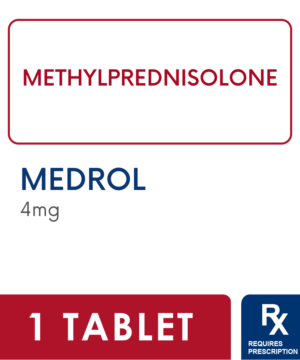


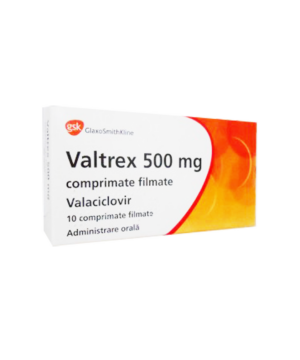
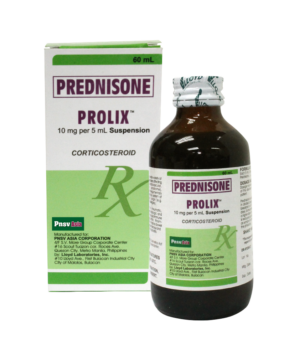
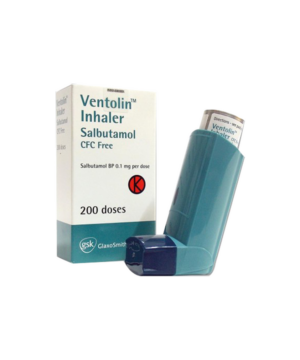

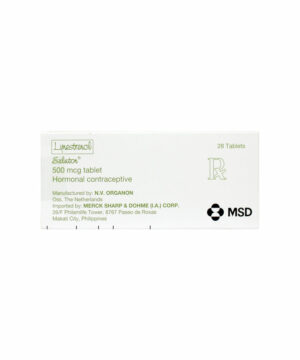


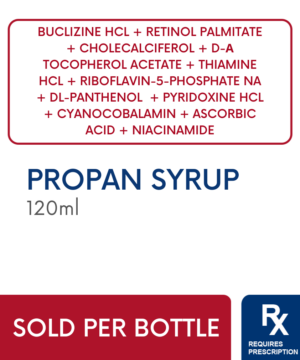
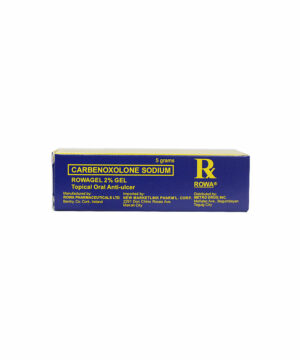




Reviews
There are no reviews yet.